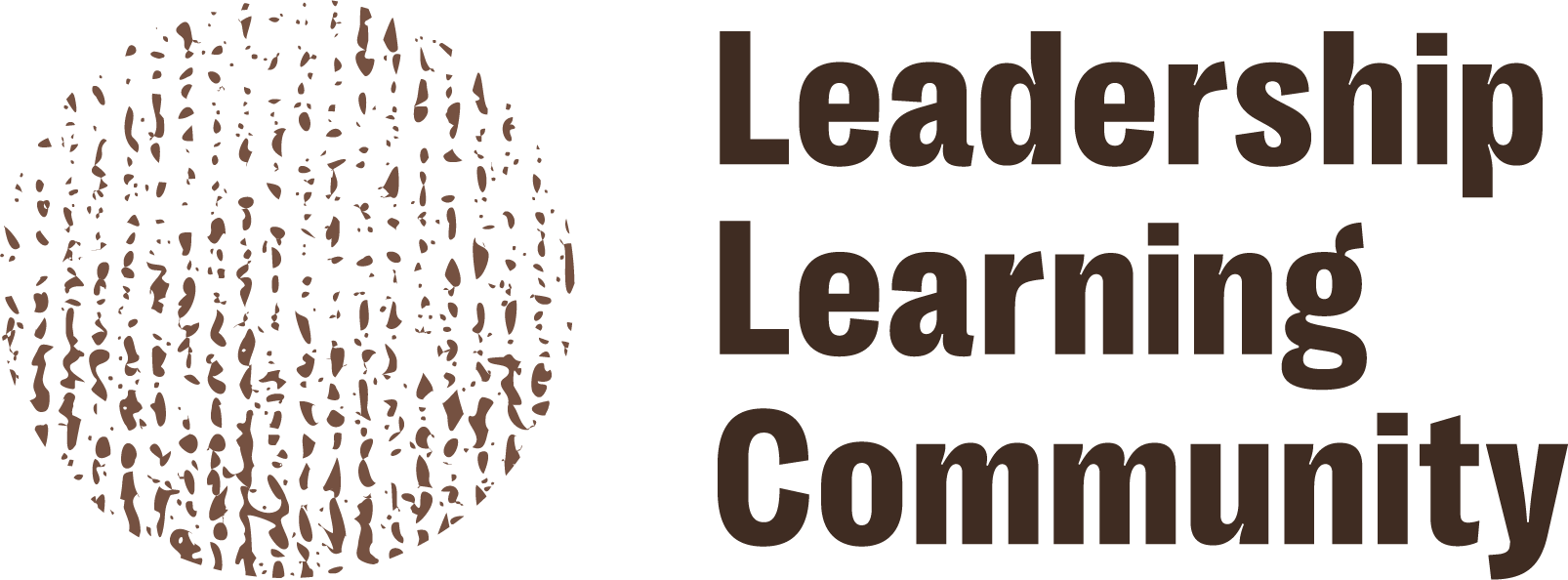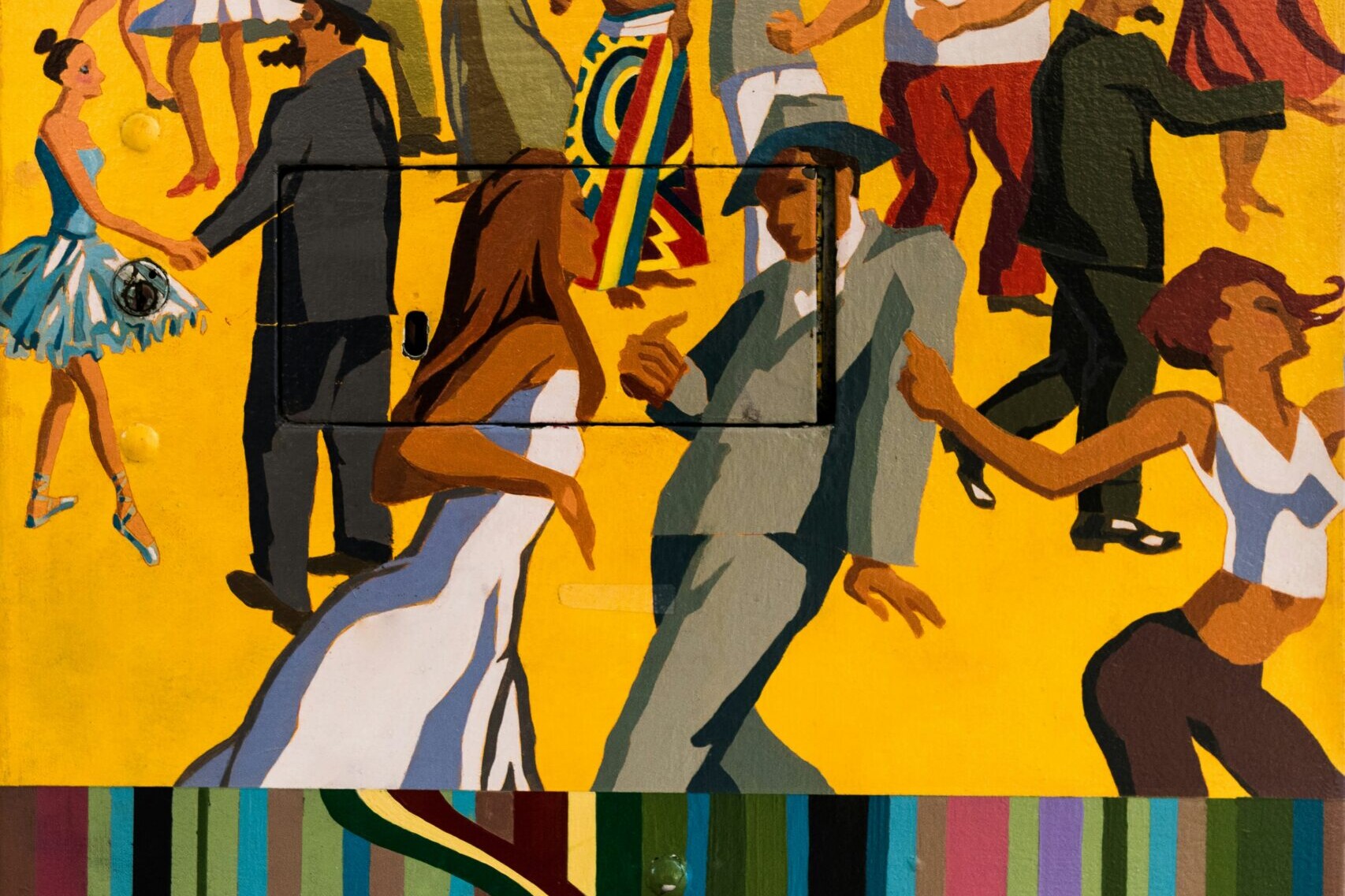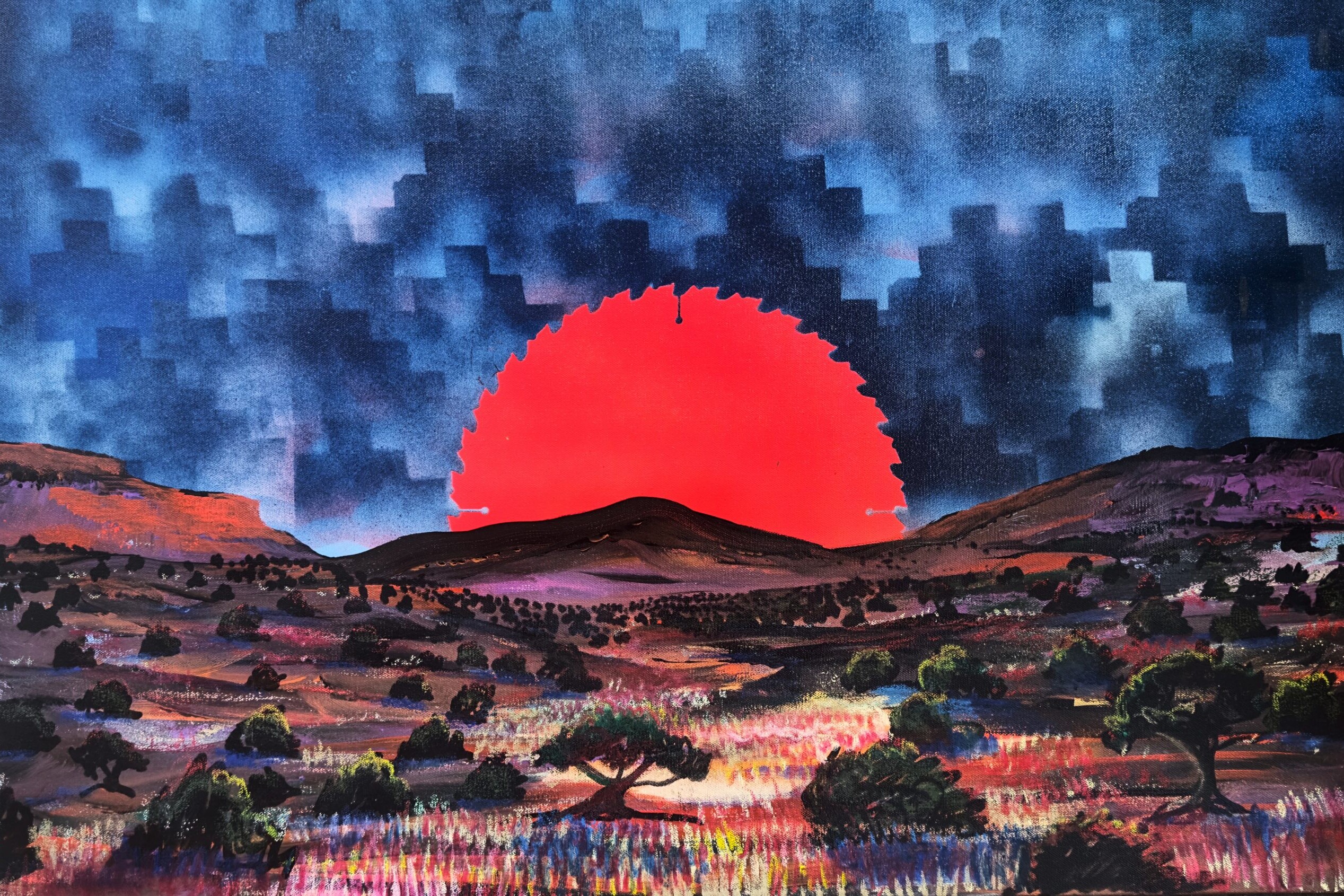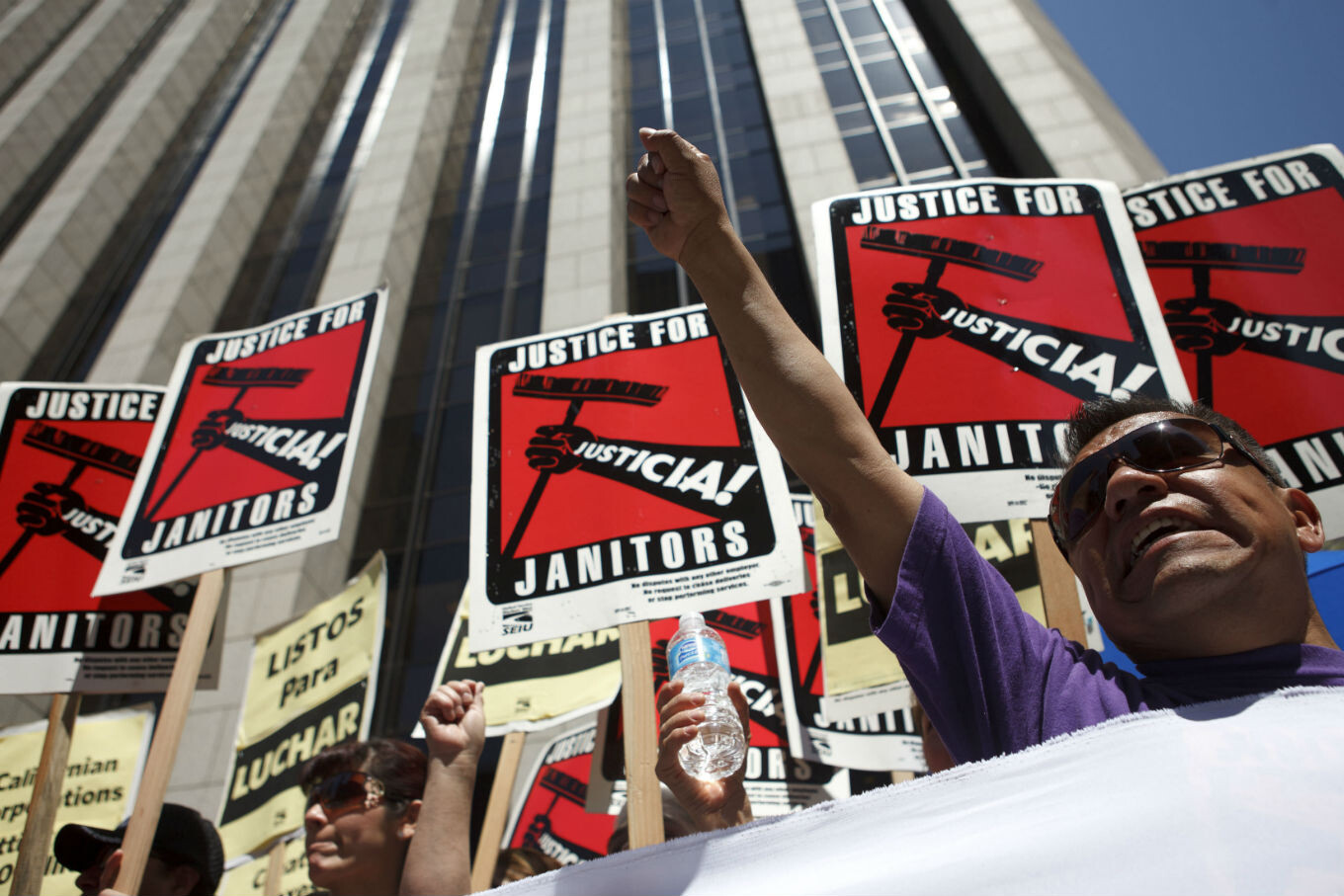One of my favorites parts of Creating Space Oakland, and there were many, was the Catalyst Conversation with Asia Alman from ACLU Northern California, Liz Derias-Tyehimba from CompassPoint, and Jamina Ovbude from The Greenlining Institute. The conversation was facilitated by Patrick Brown of The Greenlining Institute. He kicked off with a juicy question that has had me thinking ever since, “What is the difference between equity and liberation?” In the words of our first catalyst, Liz, “Equity is about redistribution that is proportional to those most impacted by harmful systems to make sure they get more. Equity is about staying in the system, and liberation is about dismantling the system and moving into a space that is really unclear. It will require that those who have been able to control the system will no longer be in that role.”
The conversation immediately took me to the work of Paulo Freire, one of the most influential people in my life. His work, Pedagogy of the Oppressed, is grounded in the philosophy that we need to liberate ourselves from oppressive systems that deny all of us, both oppressed and oppressors, our full humanity. He acknowledges that this will require new thinking and imagination since we will have to create something new that is grounded in the love of humanity. A key tenant of his work is that liberation will have to be led by oppressed people, who, as they understand the impact of the political and social system on their shared experiences of oppression, will have the will and strongest motivation for change. To make this change will require power, and yet creating the future we ultimately want will require a different kind of system and culture in which ‘power over’ is no longer needed.
As I listened to the panel, I was aware of how far off that future seems to me (especially right now) and that in my mind, I have treated it as a sequence, first power to redistribute resources and then dismantle the system for a new social order. Our catalysts challenged my thinking as they talked about what liberation work means right now, in the systems we create for compensation, for addressing violence in communities, or in leadership development.
I loved the challenge that we need to practice liberatory practices now. I confess that I am still trying to parse out right now where we clearly need to exercise power to change the flow of resources (to name just one example, the inequity in leadership investments in mid-career professionals vs. grassroots activists) and those places where we can get creative and try our hand at practices that are relational, anchored in values and culture and don’t require power over to bring dignity, justice, and fairness to our interactions with others in our workplace and communities.
Related Posts
February 24, 2025
DEI and the Monster: Fear, Policy, and the Future of Inclusion
October 17, 2024
On the Joy of Relationship-Centered Collaboration
February 26, 2021
Reflection at the End of Black History Month 2021
December 11, 2019




